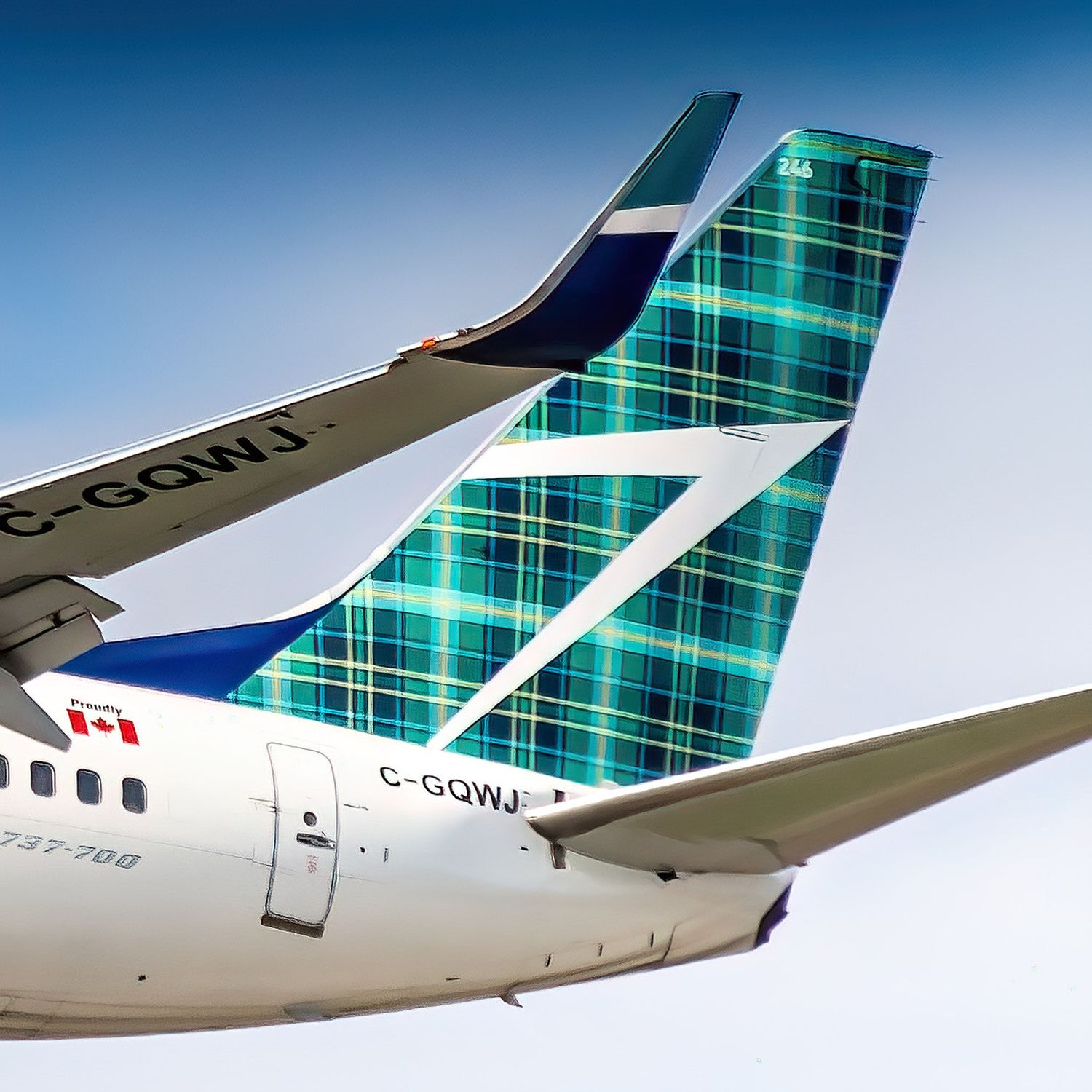WestJet and Aero Design Lab unveiled their partnership to enable modifications to the airline’s Boeing 737-700 aircraft that will achieve a 1.5% reduction in fuel consumption and 40 tons of CO2 per month.
WestJet’s partnership with Aero Design Labs comes as the airline moves forward in its efforts to achieve net zero carbon emissions by 2050. In addition, in a market where the price per gallon of fuel is increasing month over month, airlines are looking for ways to balance their operating expenses.
Texas-based Aero Design Lab initiated a project where they would incorporate the Boeing 737-700 fleet with a kit of modifications called Aerodynamic Drag Reduction System (ADRS 1). Recently, the U.S. Federal Aviation Administration (FAA) granted a supplemental type certificate (STC).
See also: Westjet made its first flight with SAF
The aerospace engineering firm revealed that the Boeing 737-800 and Boeing 737-900 will also have a similar kit.
According to Aero Design Lab, the kit consists of modified fairing on the wing, fuselage, wing tip, landing gear, revised aerodynamics around the air outlet duct of the environmental control system (ECS) package and several strategically placed vortex generators.

Westjet and its Boeing 737-700
According to Aero Design Lab, WestJet would receive the first modified 737-700 aircraft in the fourth quarter of 2022, once Transport Canada approves and validates it for commercial use.
The company has 43 aircraft of that model, with capacity for 138 passengers. According to data obtained through Cirium, most of the fleet is based in Calgary (YYC), Westjet’s main hub.
The aircraft is quite versatile, connecting with twice-daily flights between Calgary and Edmonton (YEG), a 236-kilometer, 49-minute service link. Its longest routes are between Halifax (YHZ) and Vancouver (YVR), and Calgary and St. John’s (YYT) with 4,442 km and 4,337 km respectively.
Until a few weeks ago, the Boeing 737-700 was used on a transatlantic route connecting Halifax to London/Gatwick.
«With one of the youngest and most efficient fleets in North America, WestJet continues to make significant investments to make air travel more sustainable,» said Diederik Pen, WestJet’s chief operating officer. «Through our innovative partnership with Aero Design Labs, we are currently testing a first-of-its-kind product designed to reduce fuel consumption and improve the efficiency and longevity of our 737-700s,» he added.
Video of the modifications made to the -700 by Alex Praglowsky:
The Aero Design Labs team and WestJet worked together to gather data and findings that generated additional modifications and feedback on the technology.
«We are delighted that WestJet, as the largest 737NG operator in Canada, has chosen to partner with ADL as a launch customer for the 737-700 using our ADRS1 kit that we developed for the 737NG family. WestJet clearly shares our enthusiasm and conviction for reducing carbon emissions. This begins the journey towards WestJet’s commitment to zero net carbon emissions by 2050,» said Chris Jones, chief commercial officer of Aero Design Labs.
Following regulatory approvals, WestJet will continue to work with Aero Design Labs to determine further fleet implementation plans and validate efficiency data and findings.


Comentarios
Para comentar, debés estar registrado
Por favor, iniciá sesión